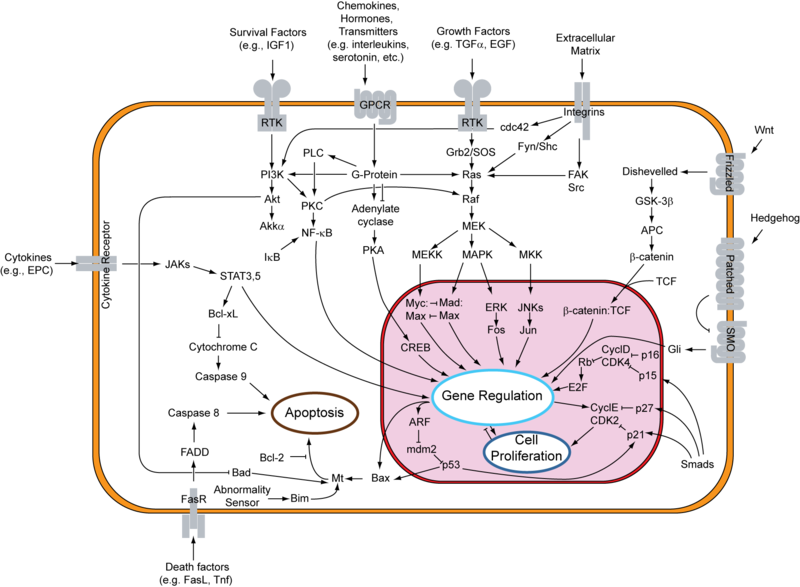To review the most recent advances in genetic testing for prostate cancer risk and of new molecular diagnostic assays to improve diagnostic accuracy and treatment decision beyond prostate-specific antigen (PSA) testing.
Multiple independent studies had demonstrated evidence that genetic variations in three regions of chromosome 8q24 and one each at 17q12 and 17q24.3 are independent predictors of prostate cancer risk in addition to family history and serum PSA levels. The small percentage of individuals with several anomalies can have up to 10 times the risk of prostate cancer. Novel molecular urine tests have been studied, and the prostate cancer antigen 3 RNA detection has been studied most extensively and is now commercially available. It provides an independent and synergistic information to predict a higher or lower risk of prostate cancer at given PSA level and can further help predict the tumor volume and Gleason grade found on the prostatectomy specimen. Sensitivity of the prostate cancer antigen 3 test could be improved by the detection of the fusion gene transcripts transmembrane protease serine 2-E26 transformation specific-related gene and serine peptidase inhibitor Kazal type 1 who may in addition allow the identification of prostate cancer patients at higher risk of life-threatening disease.
The challenge in the years to come will be to introduce these new gene-based diagnostic and prognostic tests in algorithms integrating the other known risk factors of age, ethnicity, family history and PSA level to better tailor diagnostic and therapeutic strategies.
Written by:
Fradet Y.
Curr Opin Urol. 2009 May;19(3):243-6.
http://www.urotoday.com/
Tuesday, May 5, 2009
Subscribe to:
Post Comments (Atom)
Signal Transduction Pathways

RTK, GPCR, GF, Cytokine, Wnt, Death Factors & Shh pathways
No comments:
Post a Comment